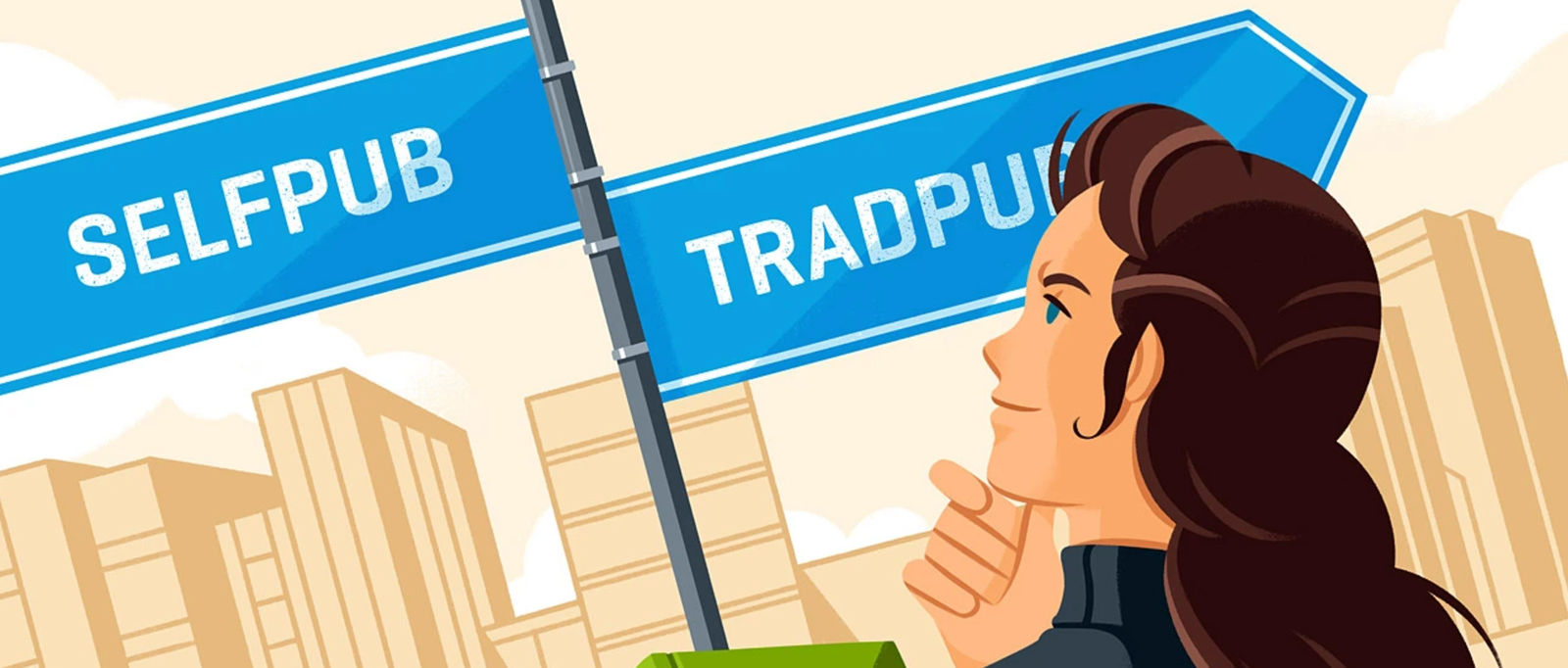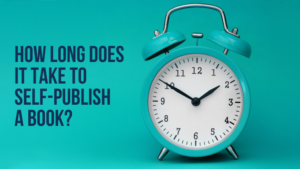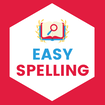The decision between self-publishing and traditional publishing is one of the most significant ones that any beginner writer faces. Each strategy of hiring professional freelancers has its’ strengths and weaknesses, and of course, it is up to you what path you choose to follow.
In this article we will take sides as to whether self-publishing or traditional publishing is the way to go. Reading this detailed comparison you will be able to choose the option that is suitable for you and bring your book to the right people.
What is Self-Publishing?
Self-publishing helps authors take full responsibility over different aspects of publication. This means rewriting, illustrating and promoting the book on your own or seeking the services of other professionals. Companies such as Amazon KDP and IngramSpark have ensured that the process of getting an author’s work into the market is easier than ever before.
Pros of Self-Publishing
- Creative Freedom
Authors retain full editorial control of the content as well as the layout and, most importantly, the dissemination process. You can broadcast what you feel, the way, the manner, the style, the format, without having to look for a publisher to allow you to.
- Higher Royalties
For the first edition of their book, independent authors make more money per copy sold than traditionally published authors; when selling through Amazon KDP, for instance, independents can earn as much as 70% of the cover price.
- Faster Publication
You can publish a book as soon as it has been written. And it’s not necessary to wait months or even years for the publisher to get his program out.
- Global Reach
Marketing is easier since you can post your book on the internet and have access to the whole world. A potential audience can download your work in electronic format as well as get a printed paperback copy of your work.
- Ownership of Rights
In self-publishing, they own all rights to the content and may extend the work in any form; for example, into an audiobook or a translation.
Cons of Self-Publishing
- Upfront Costs
You are responsible for all expenses, including editing, cover design, and marketing. These costs can add up quickly. - Time-Consuming
Managing every aspect of publishing can be overwhelming, especially for new authors. - Limited Credibility
Some readers and industry professionals still view self-published books as lower quality compared to traditionally published works. - Marketing Challenges
Without the support of a publisher, you must handle all promotional efforts, which can be daunting if you lack marketing experience. - No Advance Payments
Unlike traditional publishing, self-publishing does not offer an advance. Your earnings depend entirely on sales.
What is Traditional Publishing?
Traditional publishing involves working with established publishing houses. After signing a contract, the publisher takes care of editing, designing, printing, and marketing your book. In return, they retain a percentage of the royalties.
Pros of Traditional Publishing
- Credibility and Prestige
Being published by a reputable publisher can enhance your reputation and open doors to more opportunities. - Professional Support
Publishers provide access to expert editors, designers, and marketing teams, ensuring your book meets industry standards. - Advance Payments
Most traditional publishers offer an advance against future royalties, providing financial security while you write. - Wide Distribution
Traditional publishers have established relationships with bookstores, libraries, and international distributors, increasing your book’s visibility. - Focus on Writing
With a team handling the business aspects of publishing, you can focus on your craft.
Cons of Traditional Publishing
- Lengthy Process
Securing a publishing deal can take months or even years, as you’ll need to query agents and wait for publishers’ responses. - Limited Creative Control
Publishers often make key decisions regarding your book’s content, cover design, and marketing strategy. - Lower Royalties
Traditional publishing usually offers royalties of 5-15%, significantly less than self-publishing. - Rejection Rates
Breaking into traditional publishing is highly competitive, and many manuscripts are rejected. - Rights Management
Publishers may retain certain rights to your work, limiting your ability to adapt or republish your book.
Self-Publishing vs. Traditional Publishing: A Quick Comparison
| Aspect | Self-Publishing | Traditional Publishing |
| Control | Full control over all aspects | Limited control; publisher decides |
| Earnings | Higher royalties per book | Lower royalties but advance payment |
| Timeline | Fast publication | Lengthy process |
| Support | Independent or hired professionals | Professional team provided |
| Distribution | Online platforms | Bookstores and libraries |
| Credibility | Perceived as lower | Higher credibility |
Which Option is Right for You?
Your choice between self-publishing and traditional publishing depends on your goals:
- Choose Self-Publishing if:
You want complete control, faster publication, and higher royalties. This is ideal for authors who are entrepreneurial and willing to invest time and money. - Choose Traditional Publishing if:
You value credibility, professional support, and wider distribution. This is a better fit for those seeking a hands-off approach to marketing and production.
Tips for Making the Decision
- Set Your Goals
Determine what matters most: creative freedom, financial gains, or professional recognition. - Understand Your Market
Research your target audience and consider which publishing route aligns best with their preferences. - Evaluate Your Resources
Assess your budget, time, and ability to handle responsibilities like marketing and production. - Experiment
Some authors start with self-publishing and later pursue traditional publishing for future projects.
Conclusion
Self publishing and traditional publishing have its merits and demerits to it and one cannot bypass the other. Moreso, the right choice depends on the author’s preference as per its relevance to a given topic. For those willing to assume all that weight and responsibility, self-publishing remains a particularly lucrative strategy. On the other hand if you want someone to hand hold and want a wider audience your traditional publishing will serve as the best option.
Regardless of the stream you opt for, do not forget that to succeed it takes time and the writer must know their target readers.
This way, as in a classic pros and cons list, you will come to a well-grounded decision of which approach will effectively help to enact your vision of a literature.








